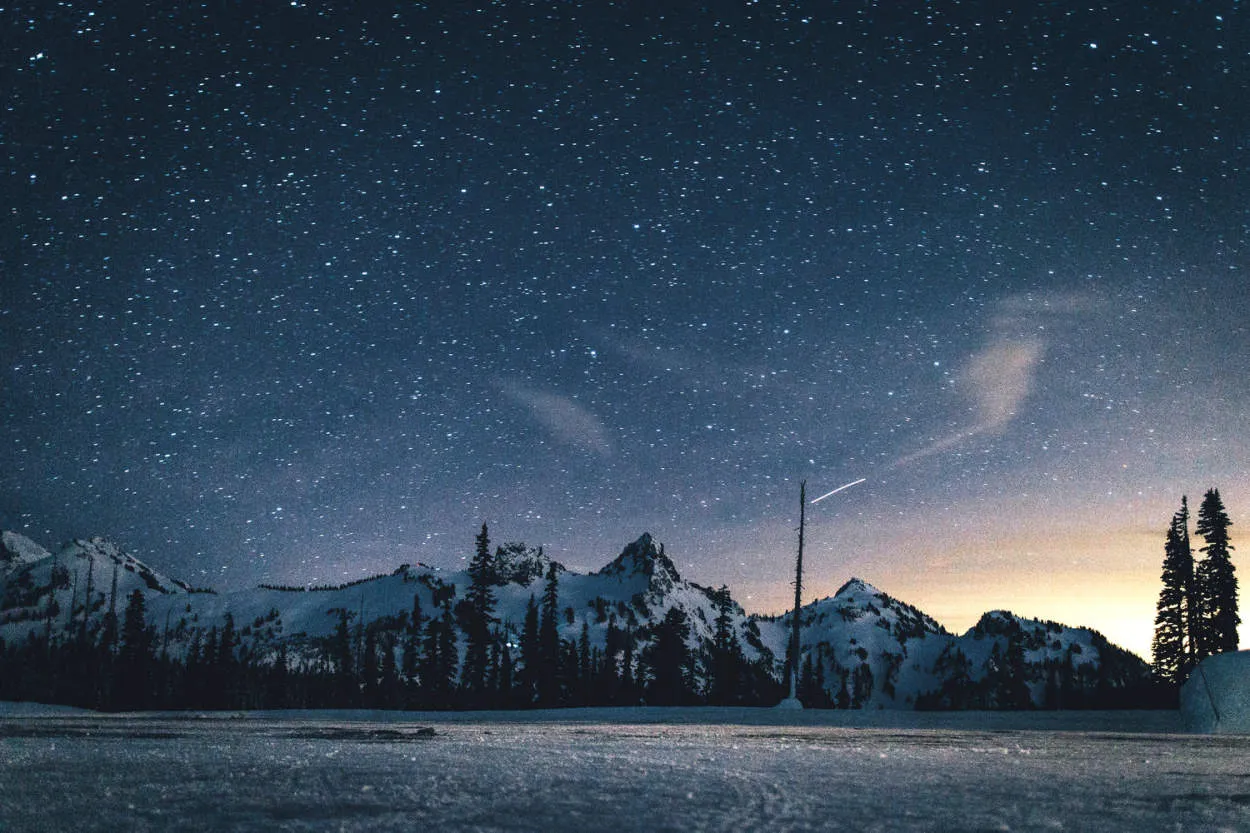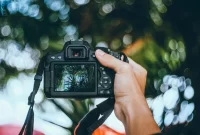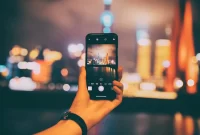Night Photography 101: Capturing the Stars and City Lights
Choosing the Right Camera
When it comes to night photography, capturing the stars and city lights, choosing the right camera is crucial. Here are some key factors to consider:
- Sensor size: Opt for a camera with a larger sensor size, such as a full-frame or APS-C sensor. This will allow for better low-light performance and higher image quality.
- ISO range: Look for a camera with a wide ISO range, as this will give you more flexibility to shoot in different lighting conditions. A camera with low noise at high ISO settings is preferable.
- Low-light autofocus: Ensure that the camera has good low-light autofocus capabilities. This will help you accurately focus on your subject, even in dimly lit environments.
- Long exposure capabilities: Check if the camera allows for long exposure shots. This is essential for capturing the stars and city lights and creating stunning light trails.
- Image stabilization: Built-in image stabilization can be highly beneficial for night photography. It helps counteract camera shake when shooting handheld in low-light situations.
By considering these factors when selecting a camera, you’ll be well-equipped to embark on your night photography journey and capture breathtaking images of the stars and city lights.
Essential Lenses for Night Photography
When it comes to capturing stunning images of the stars and city lights at night, having the right lenses can make all the difference. Here are some essential lenses that every night photographer should consider:
-
Wide-Angle Lens:
A wide-angle lens is essential for capturing sweeping vistas of the night sky or city skyline. It allows you to capture a larger field of view, making it perfect for landscape and cityscape photography.
-
Fast Prime Lens:
A fast prime lens with a wide aperture, such as f/1.8 or wider, is a must-have for night photography. It allows you to capture more light, resulting in sharper images and better low-light performance.
-
Telephoto Lens:
A telephoto lens is ideal for capturing detailed shots of distant subjects, such as the moon, stars, or specific cityscape elements. It allows you to zoom in and isolate your subject, adding depth and interest to your images.
Remember, each lens offers unique capabilities that can enhance your night photography. Experiment with different lenses to find the ones that suit your style and desired outcomes. With the right lenses, you can take your night photography to new heights!
Using Tripods and Stabilization
In the world of night photography, capturing the stars and city lights requires steady hands and stable equipment. Here’s why using tripods and stabilization is essential for breathtaking night shots.
1. Avoiding Camera Shake
When shooting in low light conditions, longer exposure times are necessary to capture enough light. In these situations, even the slightest movement can result in blurry images. Using a tripod eliminates camera shake, ensuring sharp, crisp shots.
2. Long Exposure Techniques
To capture the beautiful trails of starlight or the mesmerizing flow of city lights, long exposure techniques are employed. By keeping your camera steady on a tripod, you can experiment with longer shutter speeds without worrying about hand-held instability.
3. Framing and Composing
Setting up your camera on a tripod allows for precise framing and composition. With stability assured, you can take your time to find the perfect angles and perspectives for your night shots.
4. Flexibility in Settings
Using a tripod frees you from the constraints of high ISO settings and wide apertures. With a stable platform, you can lower your ISO, choose smaller apertures, and still maintain the necessary exposure for capturing the stars and city lights effectively.
In conclusion,
Investing in a sturdy tripod and utilizing stabilization techniques is vital for achieving stunning night photography results. With improved stability, you can confidently explore different shutter speeds, frame your shots precisely, and push the boundaries of your camera settings to capture breathtaking scenes of the stars and city lights.
Understanding Camera Settings for Night Shots
Capturing stunning night photographs, whether it’s the sparkling stars or the glowing city lights, requires mastering the right camera settings. Here are some essential settings to help you get the most out of your night photography:
-
Aperture:
-
Shutter Speed:
-
ISO:
-
White Balance:
-
Focusing:
Choose a wide aperture (low f-stop value) to let in more light. This will help to capture more detail and brightness in your night shots.
Use long exposure times to allow more light into the camera sensor. Experiment with slower shutter speeds to create light trails or capture the motion of stars.
Set a higher ISO to increase the camera’s sensitivity to light. However, be cautious as higher ISO can result in increased noise in your images.
Adjust the white balance according to the light sources present. Experiment with different settings to achieve the desired color temperature.
Switch to manual focus mode and adjust the focus to infinity for capturing stars and distant objects. For city lights, try focusing on a specific subject or use autofocus.
Remember, the key to mastering night photography lies in experimentation. Take test shots and adjust your settings accordingly to achieve the desired effects. Happy shooting!
Conclusion
In conclusion, night photography offers a unique opportunity to capture the breathtaking beauty of stars and city lights. By understanding the essential techniques such as using a tripod, adjusting exposure settings, and finding the right location, photographers can create stunning images that showcase the magical ambiance of the night sky and urban landscapes. So get out there, experiment, and let your creativity shine!




